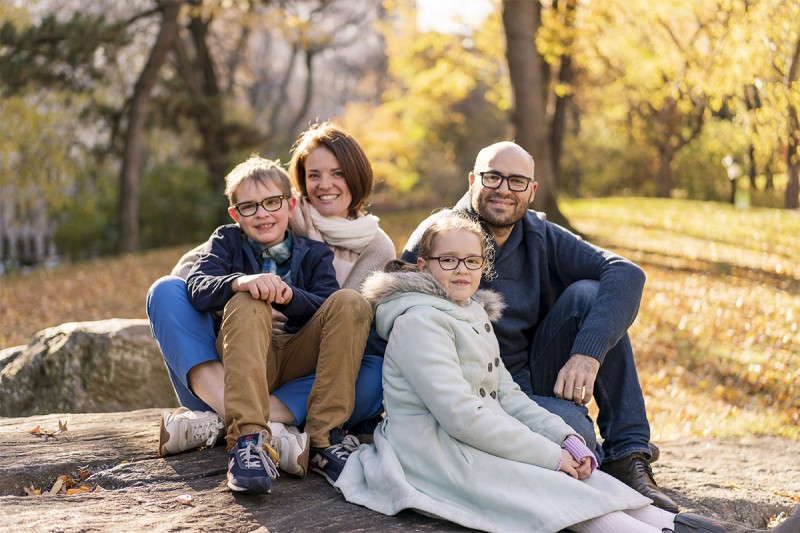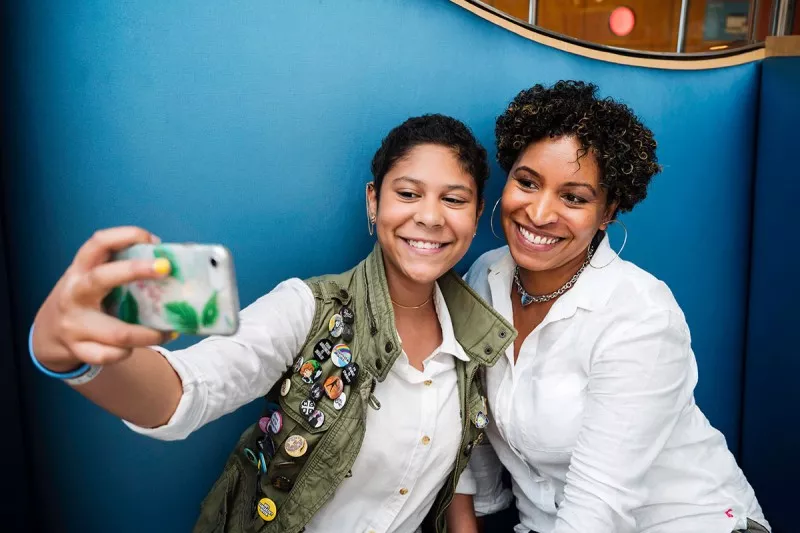
Have you or a family member had testing at MSK that found a gene change (mutation or variant) that increases your risk for cancer? If yes, you and your family may be able to join the EfFORT Study.
The EfFORT Study at Memorial Sloan Kettering Cancer Center (MSK) is using a new model to increase genetic testing within families. Such testing may save lives.
Genetic testing looks at some of the genes you were born with. It is done to see if you have a gene change that puts you at a higher risk for cancer. These harmful gene changes are sometimes called “mutations.”
Read more about genetic testing and counseling here.
Cascade genetic testing is when family members (blood relatives) get genetic testing for the same gene change that was already found in the family.
Genetic counseling and cascade genetic testing for these family members is often covered by their medical insurance. Read more about insurance coverage here.
Genetic testing saves lives. Knowing if you have a harmful gene change lets you take steps to lower your risk for cancer. It also helps other family members learn if they are at higher risk for cancer. The MSK Clinical Genetics team guides people through the process of learning about their cancer risk and what to do about it based on genetic test results and family cancer history. This helps you and your family know what steps you may be able to take to prevent cancer.

About the EfFORT Study
The EfFORT Study aims to help family members who may share a gene change. In genetics, when we say “family” we mean family members related to you by blood. They are not related to you through marriage or adoption.
Usually, after a person learns they have a gene change they are encouraged to tell their family members to get genetic testing. In the EfFORT Study, MSK is using a new model of cascade genetic testing. We will ask for the person’s permission to contact family members who have not been tested. After the person has a chance to speak with their family, an MSK genetic counselor will contact their family members directly. We will then help these family members get their own genetic testing.
The EfFORT Study is led by MSK experts in cancer genetics. This research is funded by the National Human Genome Research Institute.
How does the EfFORT Study work?
The EfFORT Study is a randomized controlled trial. This means each person has the same chance of getting assigned to 1 of 2 groups, like getting heads or tails when flipping a coin. The control group receives the usual care. The intervention group receives the new model. Both groups will be asked to fill out 3 online surveys over the course of 1 year, and will get up to $30 for completing the surveys.
If you are the first person in your family with a gene change, you will:
| Group 1: Control (Usual Care) | Group 2: Intervention (New Model) |
|---|---|
|
|
If you are a family member of someone with a gene change, you will:
| Group 1: Control (Usual Care) | Group 2: Intervention (New Model) |
|---|---|
|
|
Joining the study is optional. No matter what you decide, your care at MSK will not change.